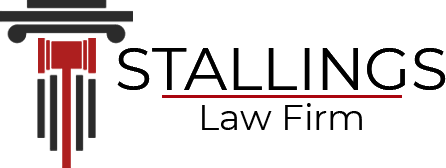Chapter 13 Bankruptcy
CHAPTER 13 Bankruptcy Attorney
Chapter 13 bankruptcy requires the reorganization / consolidation of all of the filer’s debts into one amount that’s repaid over a span of three to five years. People filing under Chapter 13 don’t have to pass a means test. However they do have to prove about the bankruptcy court which they have an income with which to make normal payments on their debt.
Filing Chapter 13 bankruptcy enables individuals to get a fresh financial start while maintaining valuable assets, such as residences and vehicles, without seeking exemptions. Unlike Chapter 7, this type of bankruptcy declaration does not allow for immediate discharge of debt. However, once debtors fulfill the repayment program obligations, the remaining debt is negated at the term’s end.
Filing for bankruptcy protection activates something called an “automatic stay”, meaning that although the filing is pending, creditors cannot pursue suits, garnishments, repossessions or even foreclosures. Actually, they can’t even get to the debtor while the automatic stay is in place – all harassing phone calls and threatening letters need to stop once the filing process has started. Past due amounts on car or mortgage payments can be rolled into the consolidated debt and paid back within the life of the repayment program, provided that the debtor remains current.
In addition to the protections offered by the automatic stay, Chapter 13 can be a relatively inexpensive method to get a fresh financial start. Yes, filers must commit to making payments on their debts for a time period, and the bankruptcy will have a long-lasting effect on their credit score, but they can also start to rebuild credit after filing. What’s more, the negative effect of a bankruptcy filing is still less significant compared to that resulting from a foreclosure, repossession or garnishment.
If you want to learn more about filing for Chapter 13 consumer bankruptcy, contact The Stallings Law Firm today.


